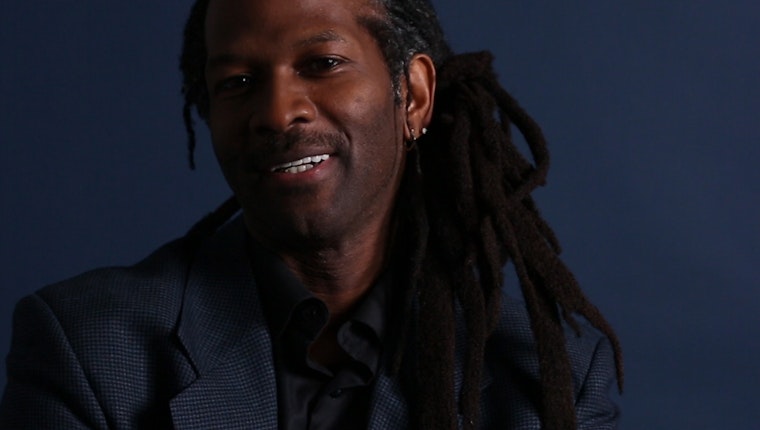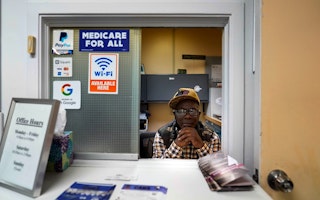Busting the Drug Addiction Myth
By Kasia Malinowska-Sempruch

We need to be honest about what drugs do and don’t do.
In the United States, scientists place a disproportionate focus on their negative effects, and since the country is the largest funder of research on drugs, it has helped fuel the dangerous rhetoric that dominates today’s drug policy discourse. This language preys on people’s fears and further marginalizes people who use drugs, often times harming the poorest and most vulnerable.
This narrative fails to point out that between 10 to 20 percent of people who use drugs, depending on the substance, become addicted.
As a part of an experiment at Dr. Carl Hart’s psychology lab at Columbia University, his team offered alternatives such as cash incentives to people who use drugs to encourage them to shift their behavior. With the right amount of financial incentive, most participants of the study eventually chose the money over drugs. Importantly, this demonstrated that the users were not purely driven by the drug itself and were able to negotiate the most beneficial alternative.
For too long, we’ve tried to frighten the public with scare tactics and deter with punitive measures rather than rely on evidence and educate with facts.
As Hart says in the video above, “The evidence is overwhelming that we are going about this the wrong way.” Scientists, advocates, politicians, health care providers, and citizens alike need to develop and promote drug policies grounded in social justice, public health, and human rights.
Carl Hart is a former grantee of the Open Society Foundations. At Open Society is a video series highlighting the people and ideas that are inspiring our work—and changing the world.

Kasia Malinowska-Sempruch is a director of Programs at the Open Society Foundations.

